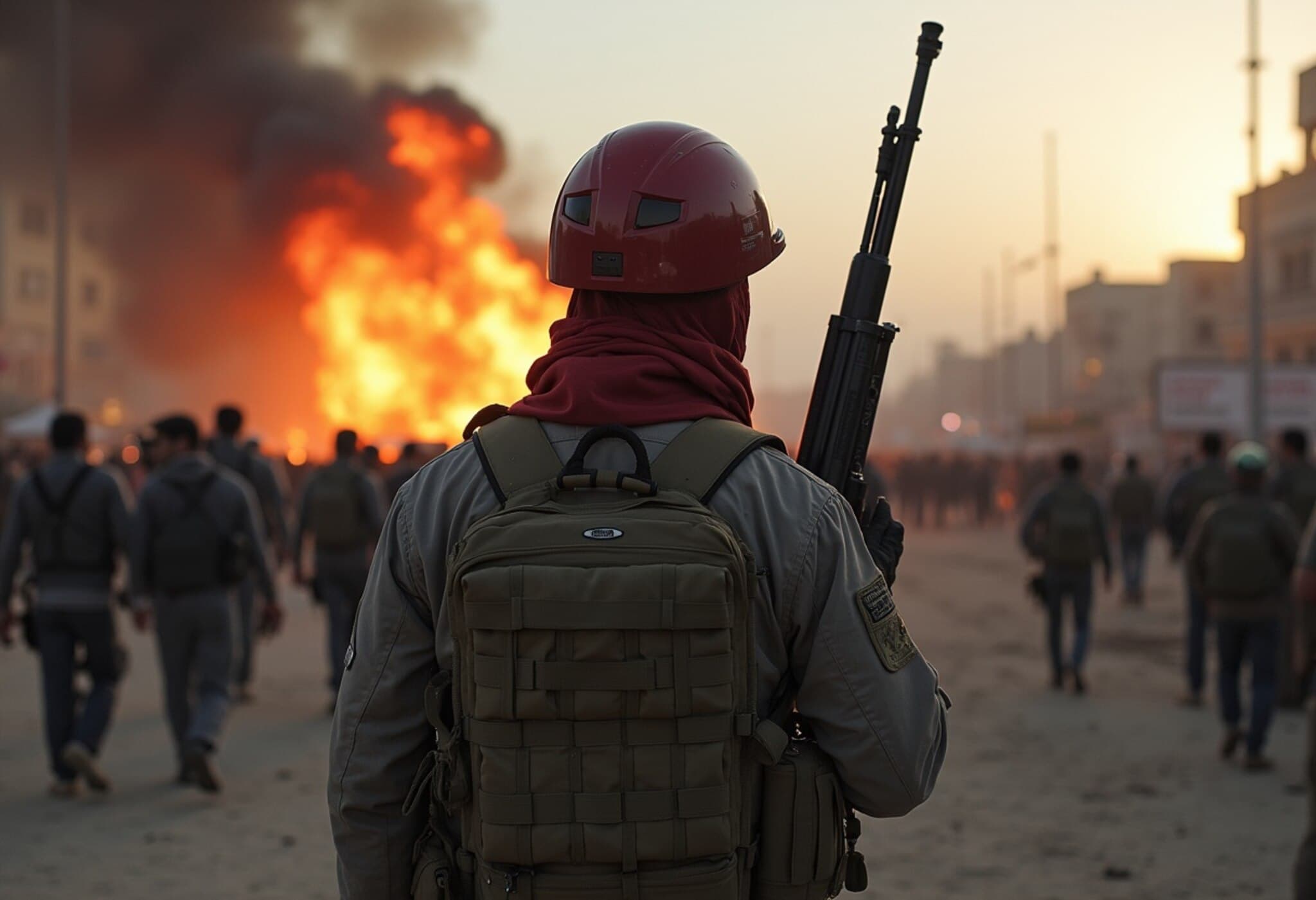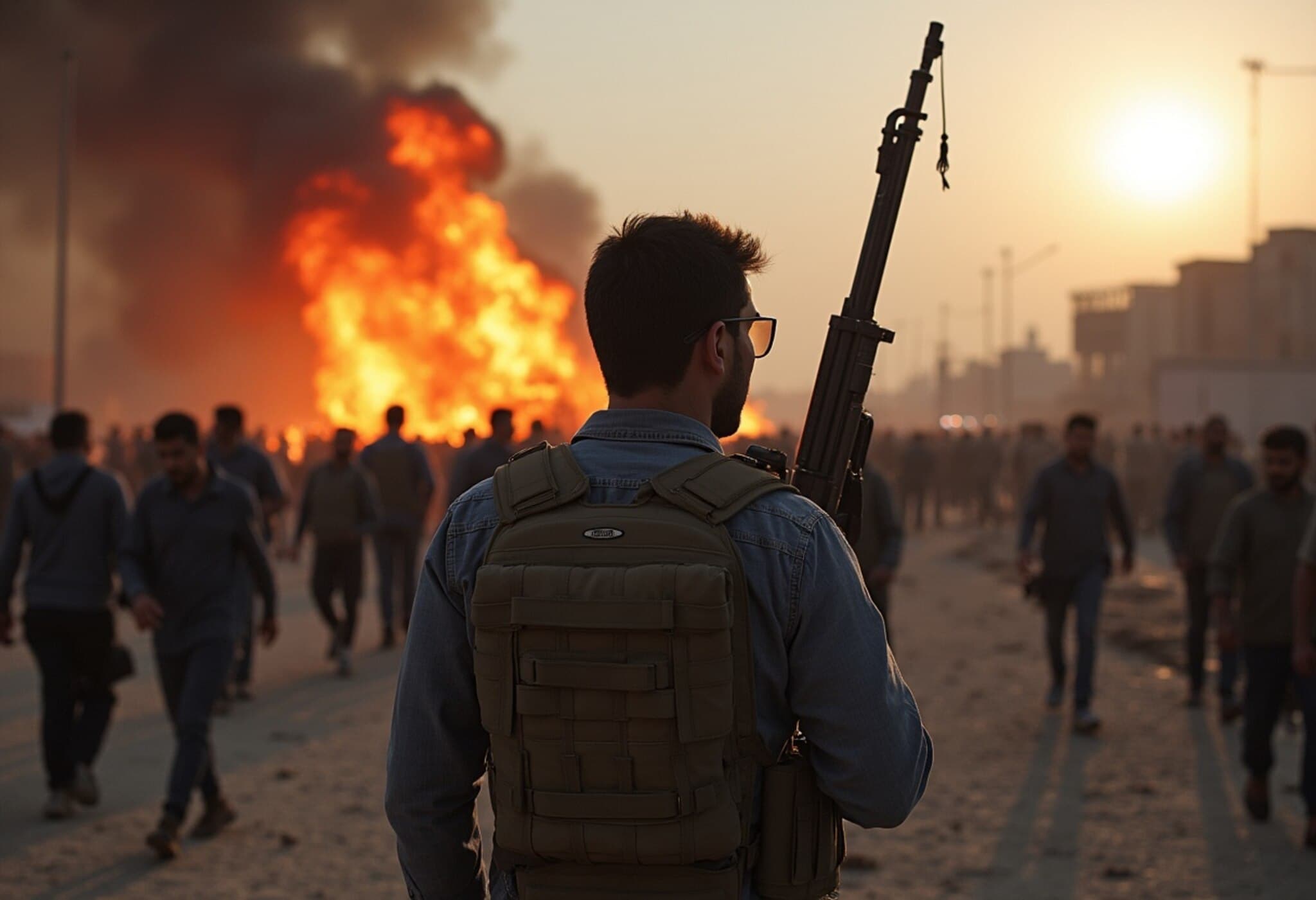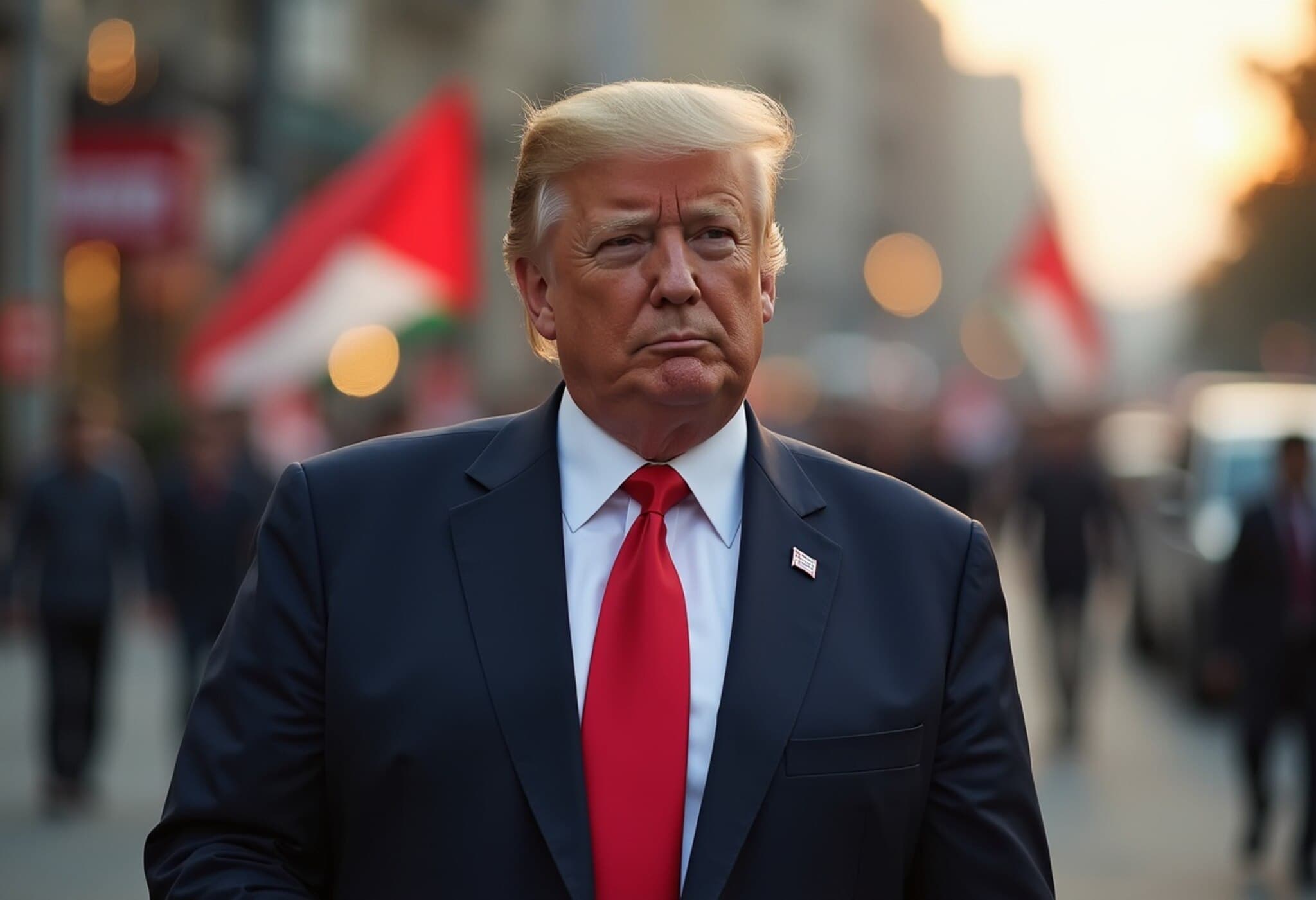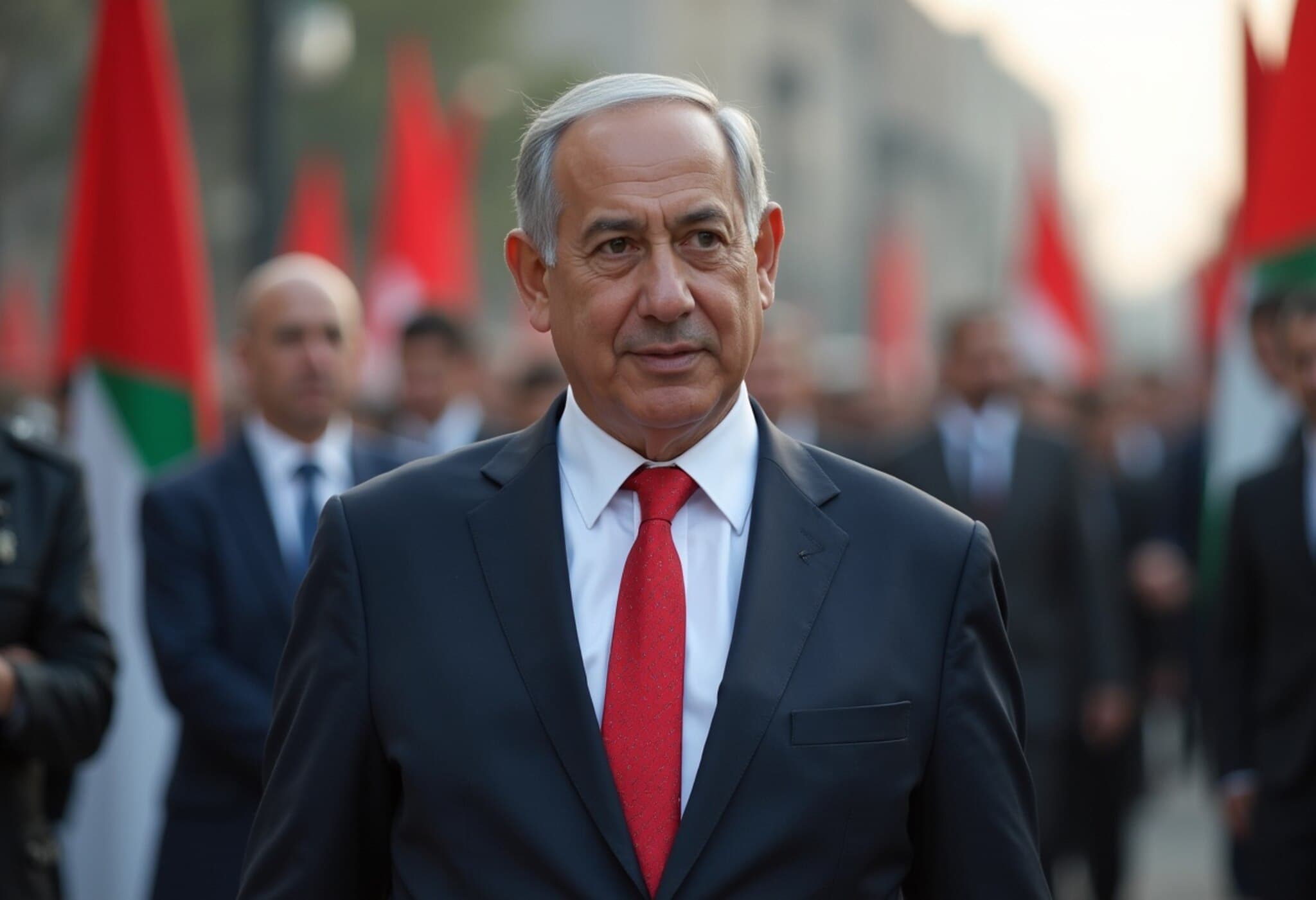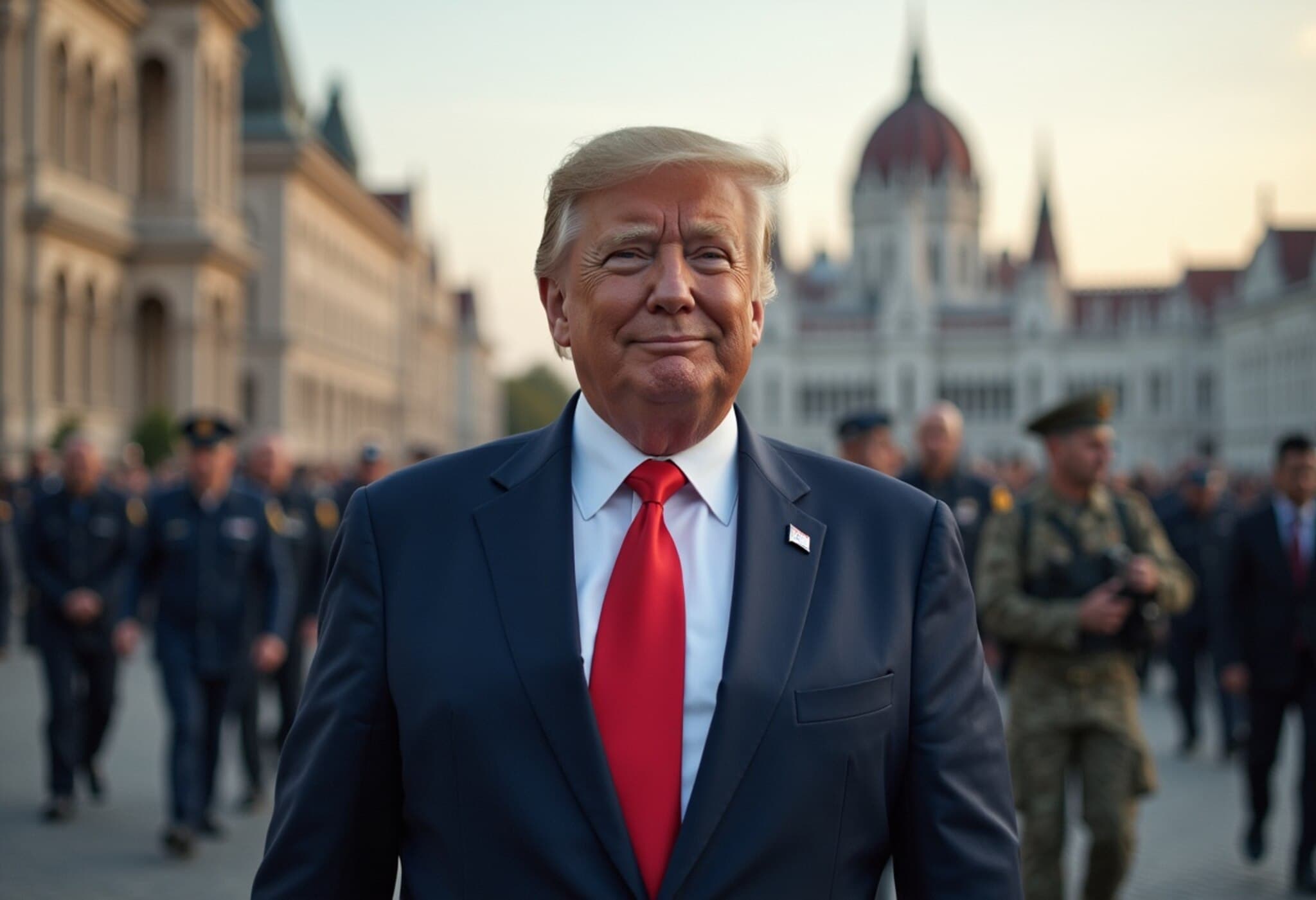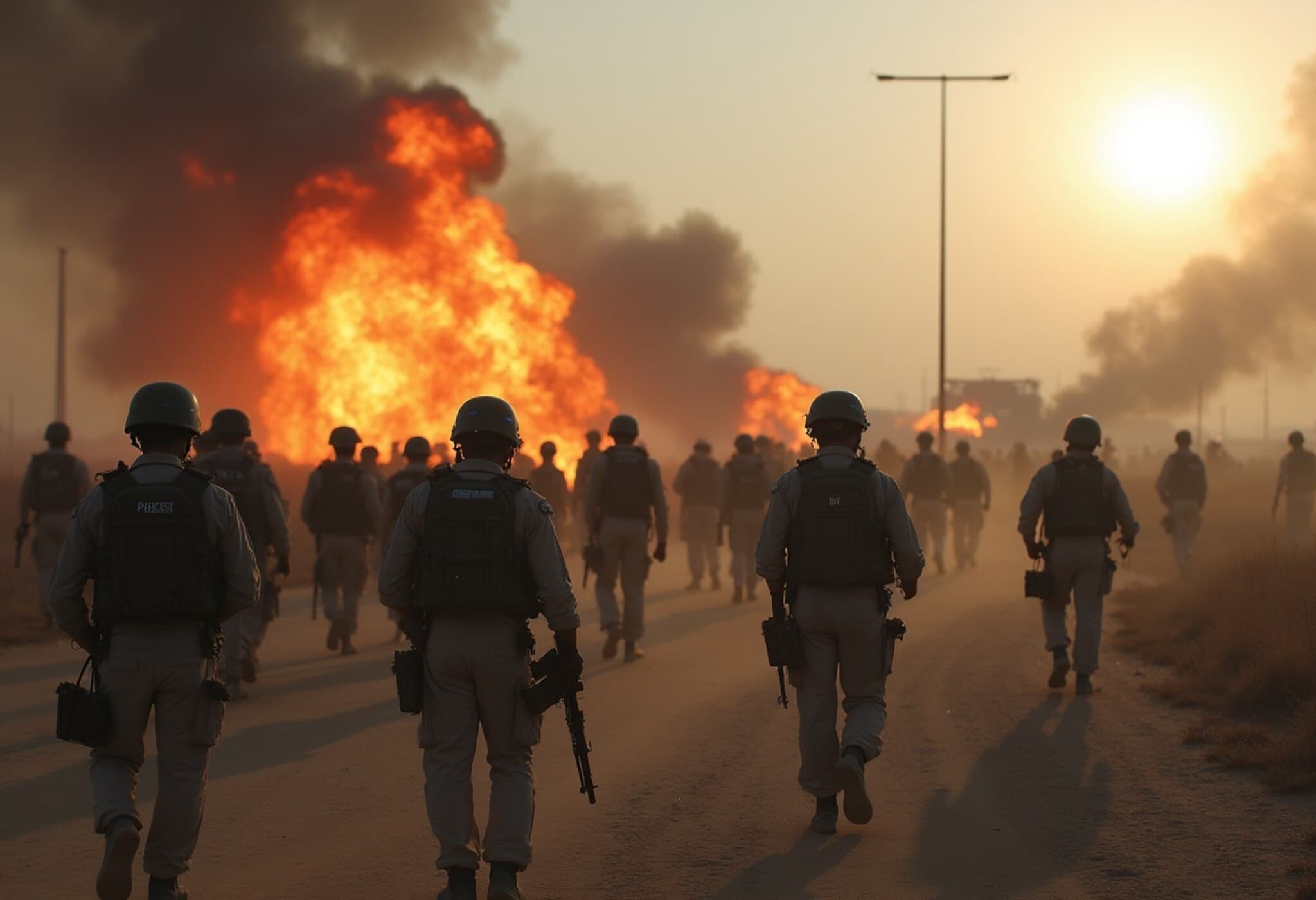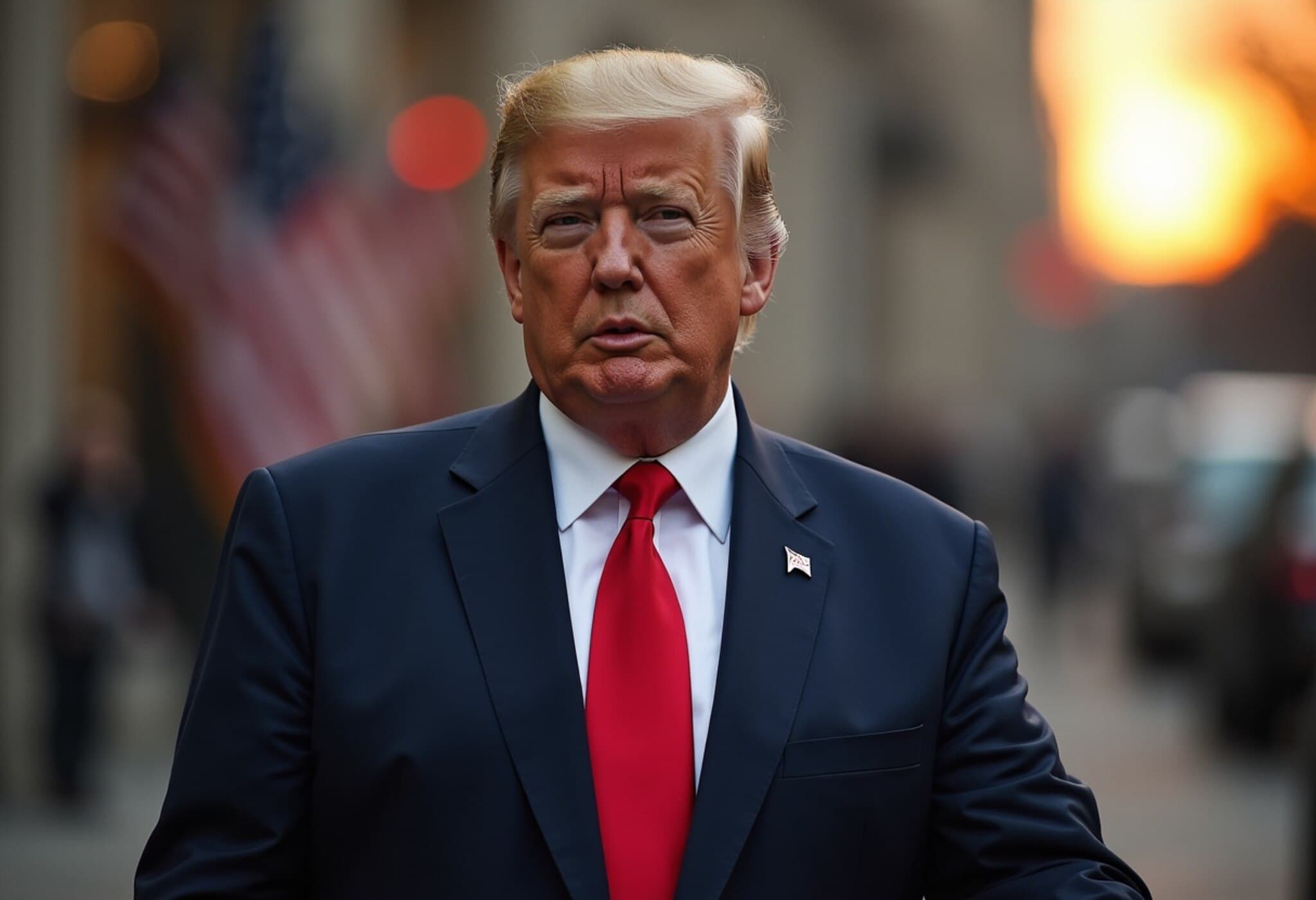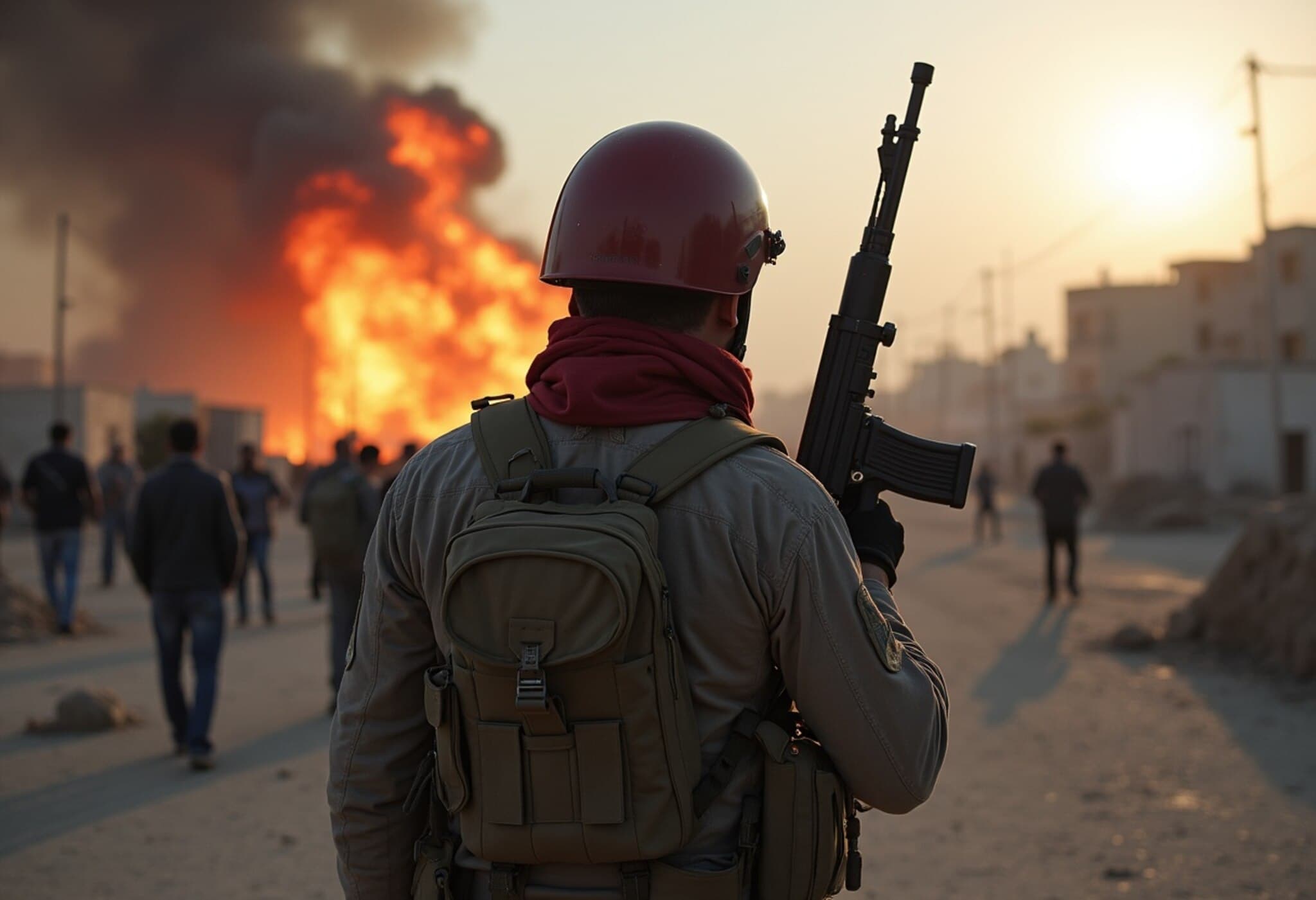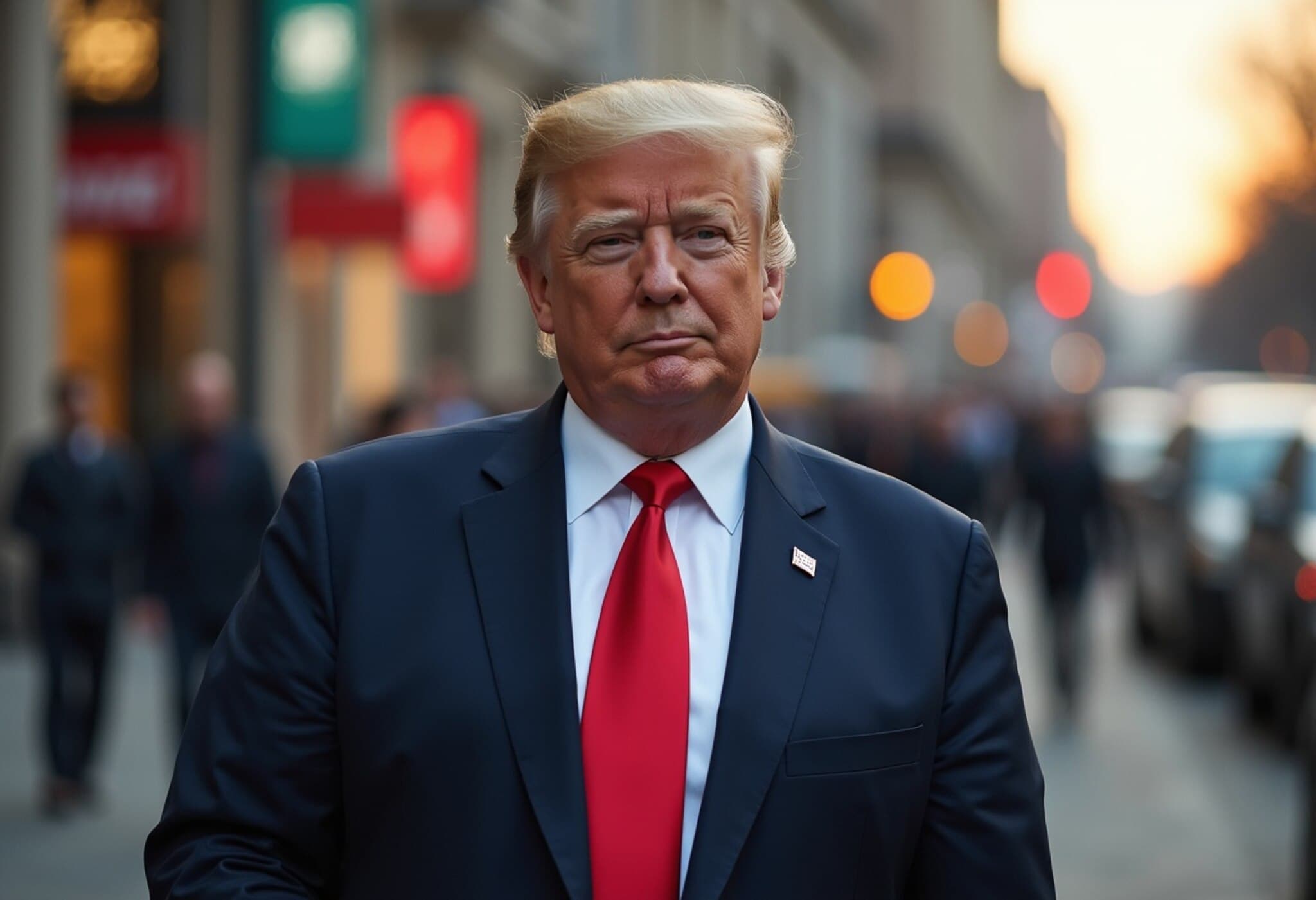Israel and the US Shift Toward Comprehensive Gaza Peace Framework
In a significant realignment of Middle East diplomacy, Israel and the United States are jointly pursuing a sweeping, all-encompassing agreement with Hamas to halt the Gaza conflict once and for all. This marked evolution comes after months of Israel favoring incremental, phased deals focused on partial hostage releases and temporary ceasefires.
Abandoning Partial Deals: A Unified US-Israel Stance
Senior Israeli and American officials now emphasize zero tolerance for piecemeal agreements. “No more partial deals,” an Israeli source closely familiar with the planning revealed, underscoring a shared priority: a full framework addressing the release of all hostages, the disarmament of Hamas, and the demilitarization of Gaza. This pivot signals a recognition that fragmented negotiations have failed to secure lasting peace or address core security concerns.
US Middle East envoy Steve Witkoff, during a recent visit to Jerusalem, echoed this sentiment, stating that US President Donald Trump demands the release of all surviving hostages simultaneously. Witkoff critiqued prior incremental approaches, saying, “No piecemeal deals — that doesn’t work.” Though he alluded to a comprehensive new plan, details remain under wraps pending ongoing talks.
Domestic and International Pressures Fuel Policy Change
This momentous policy shift unfolds against a backdrop of heightened pressures on Israeli Prime Minister Benjamin Netanyahu’s government. The plight of approximately 20 known living hostages in Gaza, alongside the grim reality of over 30 bodies yet unrecovered, has stirred deep public anguish within Israel. Recently released footage of emaciated captives intensified fears, amplifying calls for decisive action.
Further complicating matters, Israel has faced growing international criticism over stringent restrictions limiting humanitarian aid into Gaza’s two million residents, precipitating widespread hunger and suffering. These humanitarian concerns have cast a spotlight on the urgent need for a sustainable resolution that prioritizes civilian welfare alongside security.
Details of the Comprehensive Deal Under Discussion
Reports suggest Israel and the US are crafting a firm ultimatum for Hamas: release all hostages in exchange for the freedom of Palestinian prisoners, coupled with an agreement to disarm and de-escalate in Gaza. Failure to comply, these reports indicate, would lead to sustained Israeli military operations. Arab mediators are involved in presenting and negotiating these terms, though Hamas officials remain publicly cautious.
Hamas spokesperson Mahmoud Mardawi acknowledged the need for a comprehensive settlement that ends the war and outlines post-conflict arrangements in Gaza. However, he firmly rejected disarmament, highlighting profound obstacles to swift progress. His stance typifies the complex, entrenched challenges obstructing peacemaking efforts.
Broader Implications and Challenges Ahead
This emerging strategy signals a watershed moment in Israeli and American approaches to Gaza, moving beyond short-term crisis management toward envisioning a more durable peace architecture. Yet, the path forward is riddled with uncertainty. Key questions loom:
- Can Hamas be compelled to accept disarmament without undermining its political standing?
- Will international stakeholders bolster humanitarian aid efforts amid continued conflict?
- How will this strategy affect broader regional stability and US-Israel diplomatic relations?
Ultimately, this shift embodies the complexities of modern conflict resolution where security imperatives, humanitarian crises, and political realities intersect.
Expert Insight
As a policy analyst specializing in Middle Eastern affairs, I see this move as a pragmatic—albeit risky—attempt to tie hostage release directly to a wider peace process. Historically, fragmented deals have protracted conflict cycles. By striving for an ‘all or nothing’ framework, Israel and the US may streamline negotiations but also risk alienating Hamas if demands are perceived as existential threats. Balancing firmness with diplomacy will be key.
Editor's Note
Behind the headlines of intensified warfare lies a transformative approach by Israel and the US aiming to break deadlock through a comprehensive Gaza deal. Yet, the human toll—on hostages and Gaza’s civilians—remains a stark reminder that the costs of conflict transcend politics. This evolving strategy heralds hope, but it also challenges us to question how peace can be authentically achieved where mistrust runs deep. Readers are encouraged to consider the humanitarian and geopolitical stakes that underpin these high-stakes negotiations.

